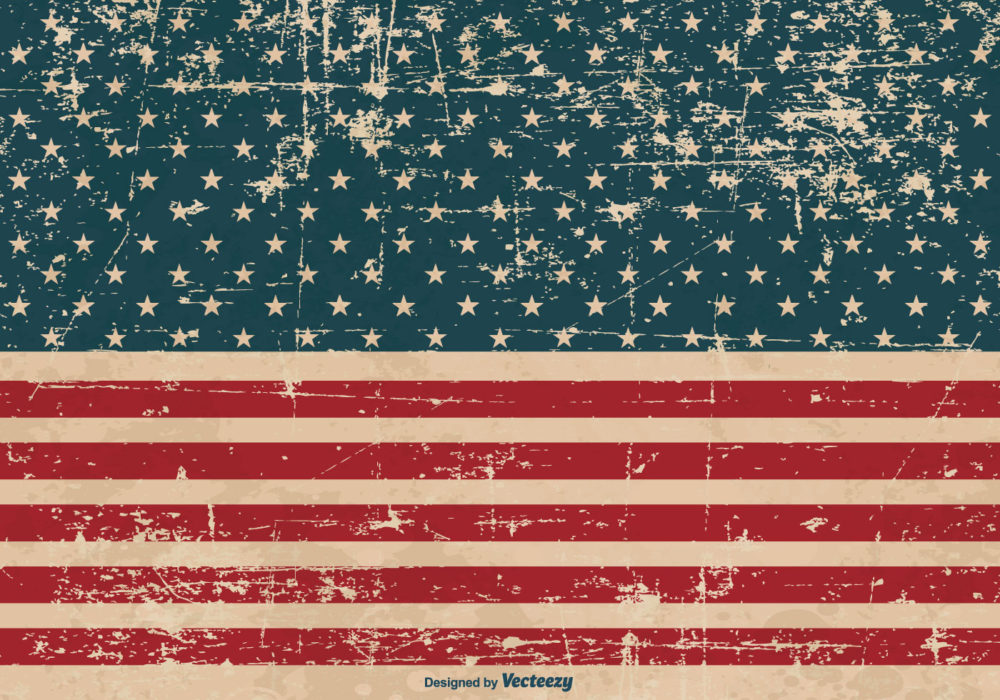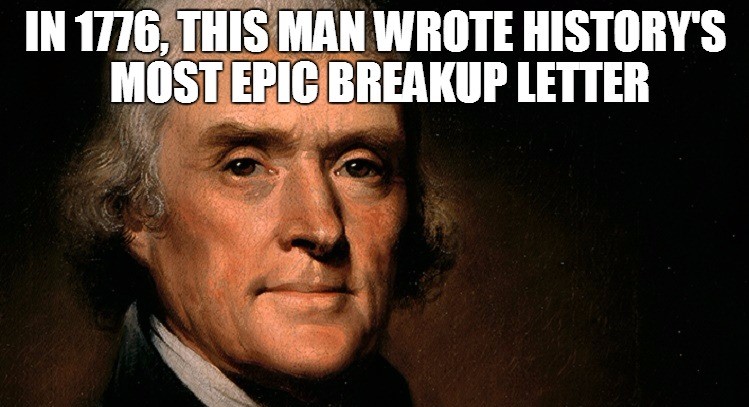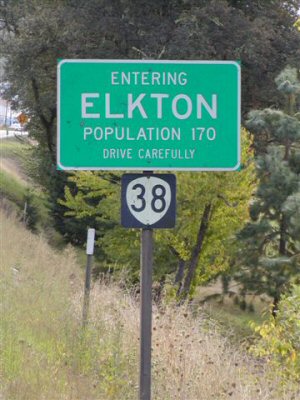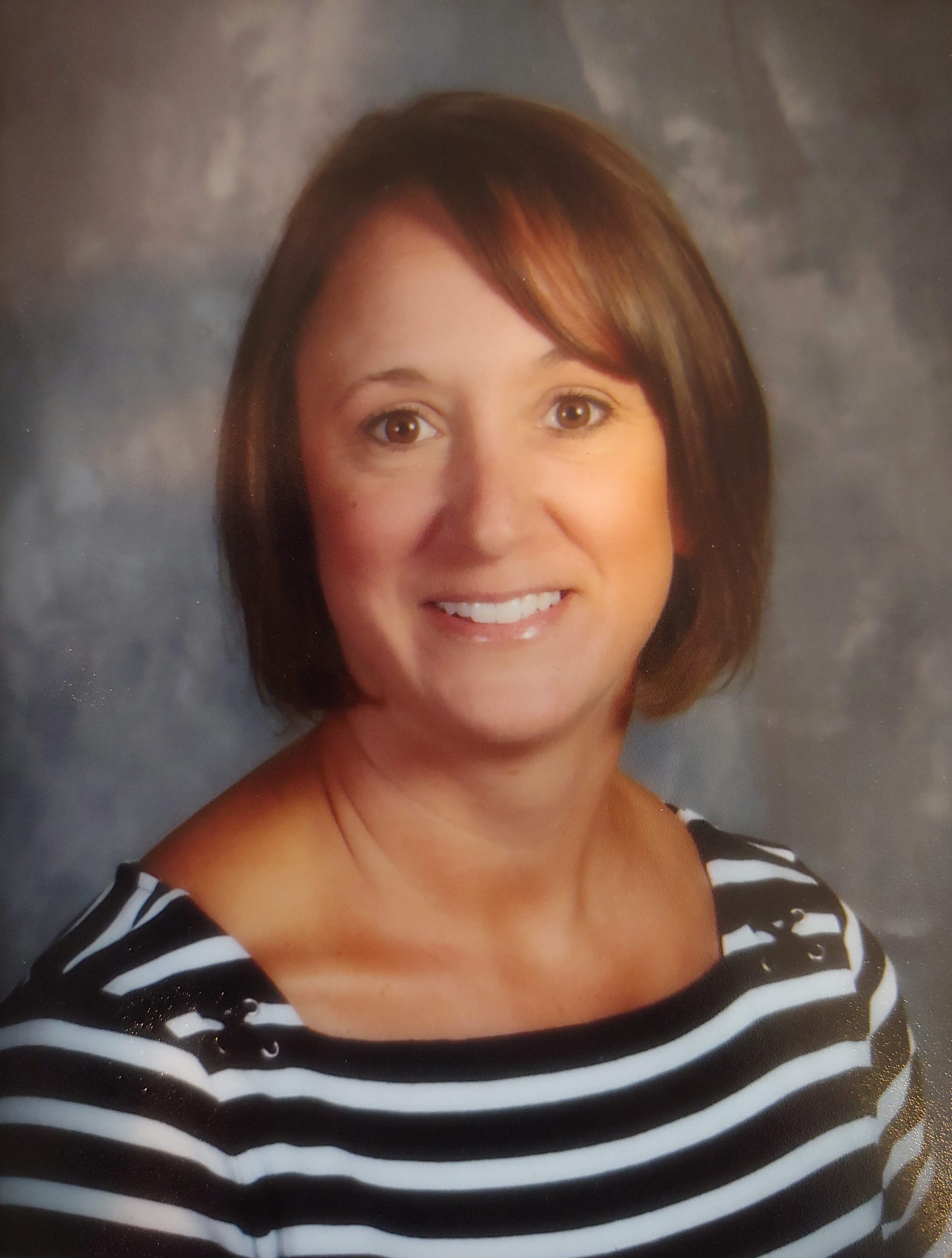US History in Two Wars & A Movement

Thank you to 2020 FFT Fellow Angie Hubbard for this Fourth of July post. Angie is an 8th grade teacher in a self-contained classroom at Elkton Charter School in Elkton, OR, where she has been for 10 years. She has taught a variety of subjects and especially loves teaching United States History and Geography. Angie holds an undergraduate degree in Early Childhood Education, a Master’s Degree in Curriculum and Instruction, and endorsements for Legacy Middle Level, Foundational Social Studies and English Language Arts, as well as English to Speakers of Other Languages.
In the fall of 2016, and each year since, our school has enlisted the help of The Institute for Research and Reform in Education (IRRE). This nonprofit group specializes in creating data-driven plans to benefit students attending schools in underserved areas. Through student surveys conducted by IRRE, we discovered that while teachers and staff felt highly engaged, our students did not. As a result of the outcome of these surveys, our school immediately formed a professional development program district-wide to focus on engagement
strategies and lessons, bringing in experts from a variety of educational settings and backgrounds for staff development.
 In my district, I am the only one teaching 8th grade history. In order to find meaningful, creative, engaging lessons I must collaborate with 8th grade history teachers outside my school in other districts who are teaching what I am or research lessons online. By attending the National Social Studies Conference in Louisiana, I met teachers who were teaching the same subjects I am and some even came from self-contained classrooms just as I do and met a teacher who taught the Declaration of Independence as a “break-up” letter between two people where the language of the original Declaration has been modified to sound like a typical middle school note between a teenage couple going through a “break-up.” I decided to give this unorthodox approach a try. The first time I surprised my students with this “break-up letter” I had “found on the floor” I couldn’t believe their reactions. I had finally discovered how to “hook” them, at least for this one lesson. For over an hour, students tried to figure out who’s initials were on the letter and which two students were breaking up. When they finally uncovered the truth, a student raised his hand and told me “this is epic!”
In my district, I am the only one teaching 8th grade history. In order to find meaningful, creative, engaging lessons I must collaborate with 8th grade history teachers outside my school in other districts who are teaching what I am or research lessons online. By attending the National Social Studies Conference in Louisiana, I met teachers who were teaching the same subjects I am and some even came from self-contained classrooms just as I do and met a teacher who taught the Declaration of Independence as a “break-up” letter between two people where the language of the original Declaration has been modified to sound like a typical middle school note between a teenage couple going through a “break-up.” I decided to give this unorthodox approach a try. The first time I surprised my students with this “break-up letter” I had “found on the floor” I couldn’t believe their reactions. I had finally discovered how to “hook” them, at least for this one lesson. For over an hour, students tried to figure out who’s initials were on the letter and which two students were breaking up. When they finally uncovered the truth, a student raised his hand and told me “this is epic!”
This experience helped me create my learning goal: to make United States History more meaningful to my students by creating engaging lessons. And this learning goal is the foundation of my Fund for Teachers fellowship: to embark on a driving tour of the east coast of the United States, with stops in Philadelphia, Boston, Williamsburg, Charleston and Birmingham, to create video hooks for engaging lessons supporting U.S. History, Revolutionary War, Civil War and Civil Rights curriculums.
[minti_divider style=”3″ icon=”” margin=”20px 0px 20px 0px”]
This fellowship will have a 42-day itinerary. This may sound like a long fellowship, but as a single parent, I have waited 23 years to have such an educational experience! I will begin in the East Coast, where major battles of the Revolutionary and Civil Wars were fought, then head south. Originally, I was planned my fellowship around the two wars; however, I could not ignore that I would be missing so much of the Civil Rights History if I exclusively focused on the two wars. I decided to incorporate significant historical sites of the Civil Rights Movement to learn about the people who gave up their lives so that we would be free from British control and those who gave up theirs to hold this nation together and free the victims of slavery and racism.
It will be a lot of driving, but AAA of Oregon helped me plan the trip and I’m used to a 2 1/2 hour commute every day for the past ten years!
Click here for Angie’s complete road trip itinerary.
The vision of our school is to recognize that exceptional education can be achieved through a small rural community while empowering our students to be active participants in a global society. This fellowship means I will be able to share my first-hand experiences and the knowledge I gain from it. I expect that with a deeper knowledge of the Revolutionary War, Civil War and the Civil Rights Movement, gained through this fellowship, I will be able to increase students’ engagement and interest of key historical events. Ultimately, this will lead to their success in history class and more importantly, help to develop citizens who are more empathetic to the needs of others by encouraging them to get out of their usual environments, cultivating a sense of curiosity, encouraging them to challenge their own biases and to explore
and ask questions.
It is my hope that the enthusiasm and energy I deliver to my students will also encourage my peers, parents and other community members to actively support their children in becoming lifelong learners and venture outside our own community to engage with those who are different than us, to support young peoples’ curiosity, to ask questions, seek answers, examine their own biases and explore this country. In doing so, the community will support our school’s mission statement that students in a small rural community can be empowered to become active participants in a global society.
 Back to Blogs
Back to Blogs
